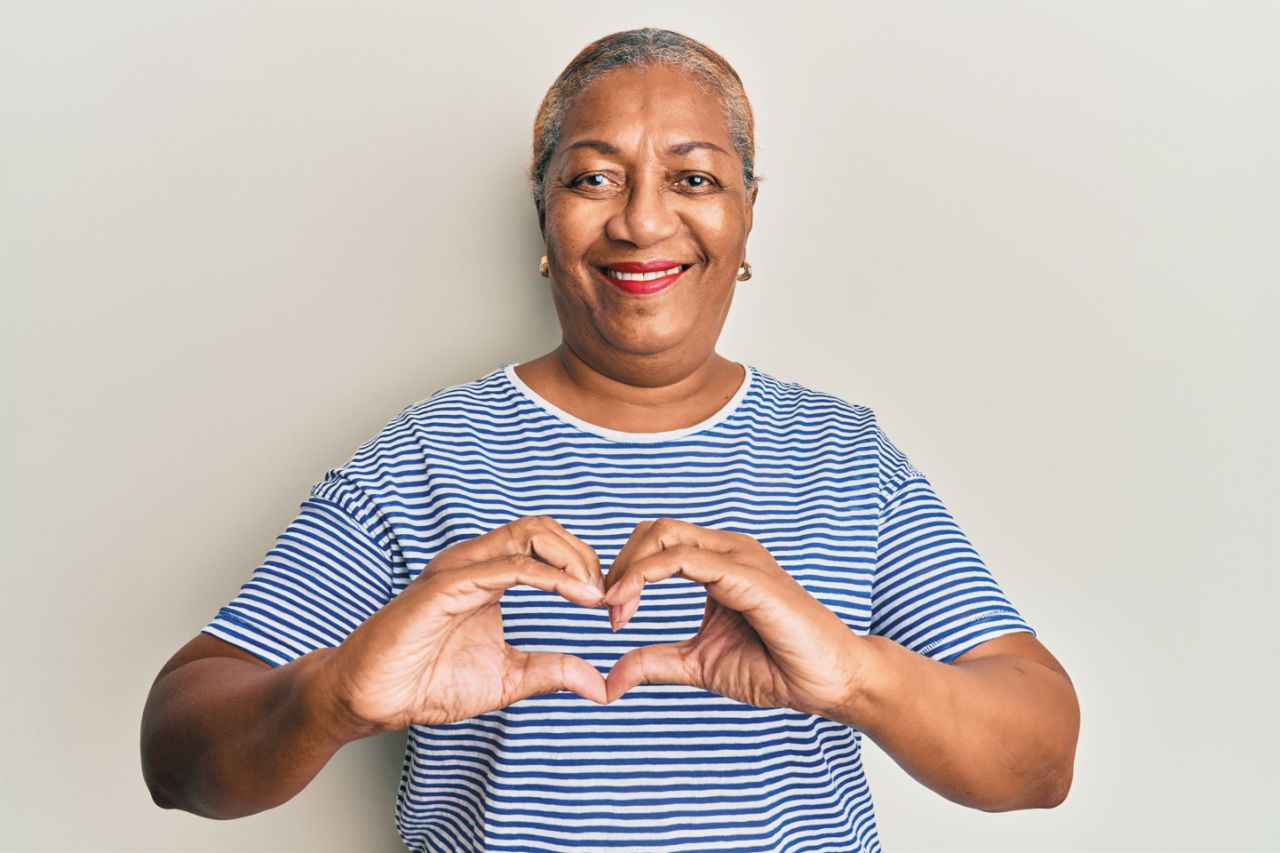Troubleshooting your relationships
How do you keep the love alive in a long-term relationship? Find a partner in a world where dating is often daunting? Mend fences with that person you’ve been estranged from? These are just some of the relationship questions we put to respected relationships therapist and counsellor Michelle Janssen from North Brisbane Psychologists.
By Nadia Howland

As social creatures, maintaining healthy relationships is crucial to our long-term happiness and wellbeing. It’s important to remember that relationships come in many forms–for some, their most important relationship is that with a spouse or partner, while for others it’s the bond with a child or close family member. Here, we look at different types of relationships and how to troubleshoot some common problems.
For those who have been married or partnered for many years, the struggle can be ensuring the needs of both partners are met, as well as keeping the spark alive.
Michelle says it’s not uncommon for couples to gradually ‘lose touch’ with one another over the years.
“Sure, they might talk about what to have for dinner, getting the kids to school or getting the car serviced, but it becomes about life admin. In the chaos of life, the relationship loses focus. When I work with clients in this space, we start with getting to know each other again.
"It sounds simple, but it’s amazing how much we change as people over the years. If we haven’t updated all these details, we actually may find we don’t know our partner that well. This part of the process can be quite fun—it’s all the kind of stuff you’d ask when first dating. Favourite movies, music, colour? Any new hobbies? New friends? Knowing your partner’s world is everything.”
What are some common relationship issues faced by long-term partners who have been together most of their adult lives?
“Feeling isolated in the relationship, not feeling heard or understood or as though our partner ‘gets us’,” Michelle says.
“Holding on to old issues that have never really been resolved and then fighting about the same old thing, or perhaps avoiding it all together and then allowing resentment to build. This is where learning how to communicate again in couples counselling is magic.”
Much emphasis is put on keeping the romance alive when it comes to long-term relationships, but is this realistic?
What about friendship—how important is this aspect of an enduring relationship?
“Friendship is at the heart of a healthy, fun, relationship,” Michelle agrees.
“I do think it can be realistic to maintain romance, but it also depends on your definition of romance. Look up Love Languages by Gary Chapman and figure out what makes you feel most loved.
It doesn’t have to be candlelight dinners, but to truly be heard, seen, understood and known by your partner is what I find invigorates couples and ensures longevity.
“In couple’s therapy, we talk about turning towards your partner. Can you talk to them about stressful things going on in your life? Can you have fun together? Do you feel your partner really knows you? All of those kinds of conversations are very actionable and achievable.”
For those looking for a new romantic partner, meeting someone in an era of dating apps and social media can be really daunting. Michelle has some good advice for those who are unsure where to turn to meet Mr or Ms Right.
“Educate yourself as much as you can on what makes a healthy relationship—examine what’s worked and what hasn’t in your past relationships. It might sound a little odd, but you could even do relationship counselling if you’re single!” she says.
“All relationships—family, friends, and neighbours—can help us learn how to form healthy relationships. Figure out what you need and want. Often we don’t ask ourselves these things before finding a partner. The benefit of looking for a new romantic partner later in life is that you’ve been there, done that. You can be really honest and discerning about what has and hasn’t worked and what you need.”
For those who are content being single but would like to make some new friendships, it can be equally as tricky working out how and where to meet people—especially for those who are retired and no longer active in the workforce.
Michelle says retirement can be a great phase of life to take stock and get to know yourself again, which can open up new opportunities for finding friends.
“Really reflect on what you like and dislike, and what you want to spend your time doing. From there, the resources will flow depending what you’re comfortable with. Can you connect online with anyone from your local area? Do you have a desire to volunteer or mentor somewhere? Does your local library hold classes? Do you have any new interests or hobbies,or old ones you’ve lost touch with?”

Being estranged from a partner, friend or family member can be an extremely painful experience. A parent who has been estranged from an adult child, for example, may find it particularly painful watching others enjoy a close parent-child bond. Holidays like Christmas may be especially difficult, with the estranged relationship even more noticeable at a time when family members often come together.
According to Michelle, the key to resolving estranged relationships, or at the very least coming to terms with them, is taking a reflective approach.
“Try talking to a therapist about the estrangement from an objective view. This will help you determine some strategies for processing the estrangement, your part, their part, and maybe examine some family system issues. Or you can journal about this process. The point is, it needs to be a reflective process,” she explains.
“If you do reach out, consider that it will need to be slow and a relationship will gradually need to be rebuilt. Listen more than you speak. Ask what the person needs from you. What’s their take on the situation? Really allow them to talk.
“It can be a confronting but often a great first step. If you’re clear on your position before getting in touch with them, I think that can be helpful. Sometimes we may not have the relationship we initially had with the person, but we can have a new relationship with them.”
For relationships that can’t be salvaged, Michelle says it’s important to allow yourself to grieve and then accept the outcome.
“Sometimes relationships aren’t able to be salvaged and that can be truly heartbreaking,” she says.
“Think about what’s within your control and what’s outside of your control. If you’ve done everything you can and the person still doesn’t wish to have contact with you, it’s time to move on.
“This is a grief and loss process not dissimilar to a death. You are mourning the death/loss of a relationship. So, ask yourself what you need to move through this grief, and how you can honour/treasure the time you did have together. A great book on the topic of forgiveness is Forgive for Good by Dr Fred Luskin or Why Won’t You Apologise? by Dr Harriet Lerner.“

Relationship resources
- Relationships Australia: relationships.org.au
- BetterHelp Online Therapy: betterhelp.com
- Family Relationship Advice Line: 1800 050 321
Asked what she wishes more people understood about relationships, Michelle says, “The greatest gift you can give your partner is the ability to self-soothe and emotionally regulate. By that I mean, you can recognise when you feel overwhelmed, flooded, distressed, and can take a break from conflict. Being able to notice this and find ways to calm yourself can save a lifetime of saying things you don’t mean!
“Read as much as you can on relationships. Educating yourself about what makes a healthy relationship saves so much time. My top picks would be anything by The Gottmans, Act with Love by Dr Russ Harris and Finding and Keeping the Love You Want by Harville Hendrix.”
Of course, there’s also plenty of relationship counsellors and therapists out there who can help you with the tools to maintain and repair relationships with the people who mean the most in your life. Remember, there’s no shame in seeking help or wanting to learn more about yourself.
This article is featured in the Spring 2022 issue of National Seniors Australia’s quarterly member magazine, Our Generation.
Become a member today and receive four free hard copy issues of Our Generation (valued at $39.80) a year as part of your membership, along with exclusive discounts, competitions, branch membership and more!
Your membership directly funds our advocacy and research work that benefits older Australians including fixing pension poverty, tackling health care costs, and improving aged care.



